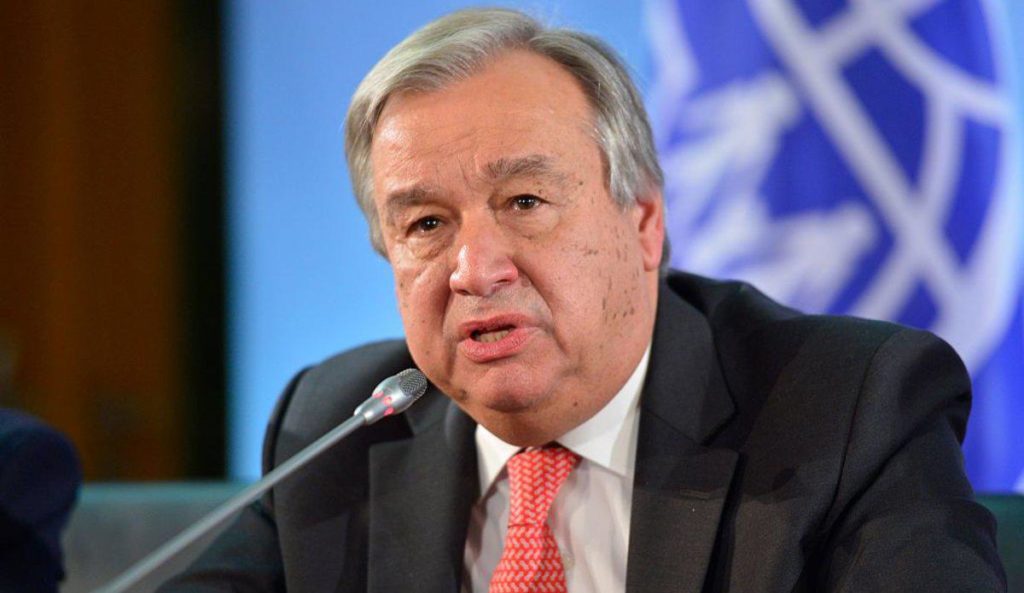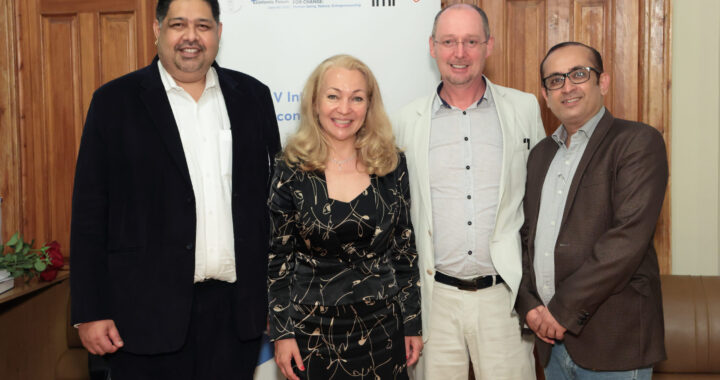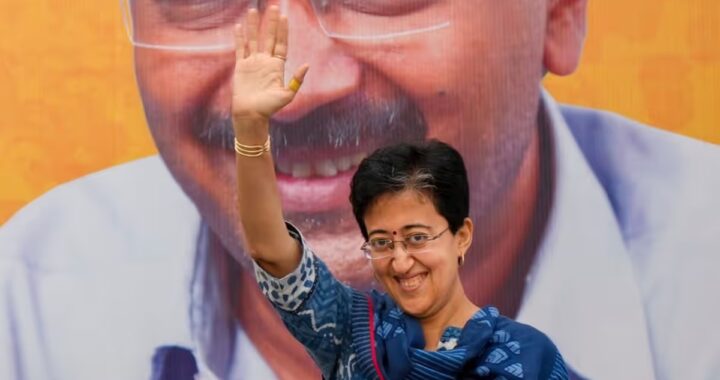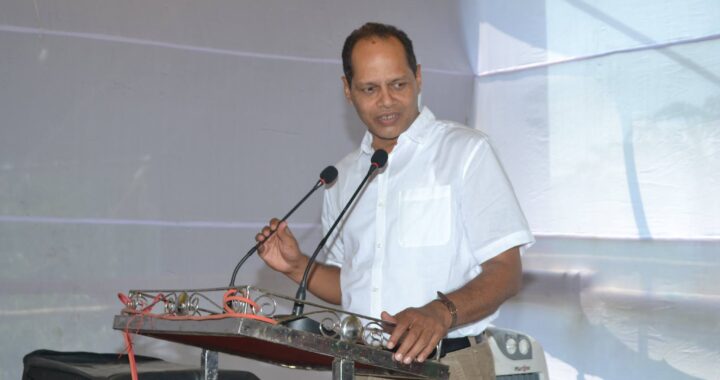Extremist groups are taking advantage of the COVID-19 lockdowns and intensifying efforts on social media to recruit youths online by exploiting their anger and despair, asserting that the world cannot afford a lost generation due to the unprecedented global health crisis. UN chief Antonio Guterres

United Nations, Apr 28 . UN chief Antonio Guterres has warned that extremist groups are taking advantage of the COVID-19 lockdowns and intensifying efforts on social media to recruit youths online by exploiting their anger and despair, asserting that the world cannot afford a lost generation due to the unprecedented global health crisis.
The UN Secretary-General made the remarks on Monday during a video conference to review the five years since its adoption of a landmark resolution on youth, peace and security.
We can already see such groups taking advantage of the COVID-19 lockdowns, intensifying their efforts on social media to spread hatred and to recruit young people who may be spending more time at home and online, he said.
Guterres told the Security Council that even before the current crisis, young people were facing enormous challenges.
Listing startling numbers, he said one of every five young people was already not in education, training or employment and one of every four is affected by violence or conflict. Every year, 12 million girls become mothers while they themselves are still children.
These frustrations and, frankly, failures to address them by those in power today, fuel declining confidence in political establishments and institutions. And when such a cycle takes hold, it is all too easy for extremist groups to exploit the anger and despair, and the risk of radicalisation climbs, he said.
Issuing a call to action on youth, peace and security, Guterres said the world cannot afford a lost generation of youth, their lives set back by COVID-19 and their voices stifled by a lack of participation. Let us do far more to tap their talents as we tackle the pandemic and chart a recovery that leads to a more peaceful, sustainable and equitable future for all.
With over 1.54 billion children and youth out-of-school and young people acutely feeling the impact of the COVID-19 crisis, Guterres said countries must do more to harness the talents of young people to address the crisis and its aftermath.
In presenting his first report on the Security Council resolution, the UN chief said youth were already confronting numerous challenges even before the pandemic, including in accessing education, or through being affected by violence and conflict. Those pressing for peace or upholding human rights have been threatened.
Despite these obstacles, young people across the world have joined the common fight against the coronavirus disease, supporting both frontline workers and people in need. And they continue to push for change.
UN Youth Envoy Jayathma Wickramanayake spoke of the need for more meaningful partnerships between young people and the civil society organisations and government institutions that work on the youth, peace and security (YPS) agenda.
To date, there are no national action plans on YPS but I’m pleased to note that in some countries, these are in the process of development, she said.
For a national roadmap to be successful, a participatory, transparent and youth-led process with adequate resources are needed, she said.
Issuing his four-point call to action for the Council, Guterres urged members to do more to address the various challenges facing young people.
He also called for investment in youth participation, but also in their organisations and initiatives.
We must strengthen human rights protections and protect the civic space on which youth participation depends, he said. And fourth, we must emerge from the COVID-19 crisis with a determination to recover better – massively increasing our investment in young people’s capacities as we deliver the Sustainable Development Goals. (PTI)

 Innovating Excellence: The Story of Dr. Sahebgowda Shetty, Founder of Dr. Shetty’s Cosmetic Centre.
Innovating Excellence: The Story of Dr. Sahebgowda Shetty, Founder of Dr. Shetty’s Cosmetic Centre.  Dr Dilip Surana, CMD, Micro Labs Limited featured in the prestigious Healthcare Super Brands Asia
Dr Dilip Surana, CMD, Micro Labs Limited featured in the prestigious Healthcare Super Brands Asia  Dr. Dinshaw Pardiwala on the rigorous medical schedule of Olympic elite stars.
Dr. Dinshaw Pardiwala on the rigorous medical schedule of Olympic elite stars.  Latvia will host the VI International Economic Forum: The scientific partner of the event is the world “forge” of Nobel laureates
Latvia will host the VI International Economic Forum: The scientific partner of the event is the world “forge” of Nobel laureates  Actress Karnika Singh dons Sci Fi Character in India’s 1st Virtual Reality Sci-Fi film Movie STARGATE
Actress Karnika Singh dons Sci Fi Character in India’s 1st Virtual Reality Sci-Fi film Movie STARGATE  Prof. Dr. Kannan Vishwanatth floors the V International Economic Forum at Riga, Latvia on The COVID Crisis and Opportunities for Human Well-Being.
Prof. Dr. Kannan Vishwanatth floors the V International Economic Forum at Riga, Latvia on The COVID Crisis and Opportunities for Human Well-Being. 


